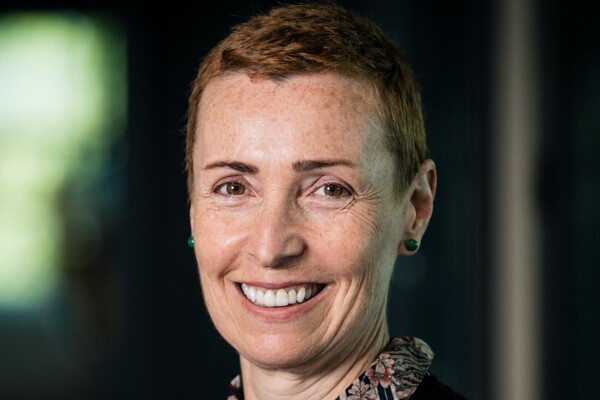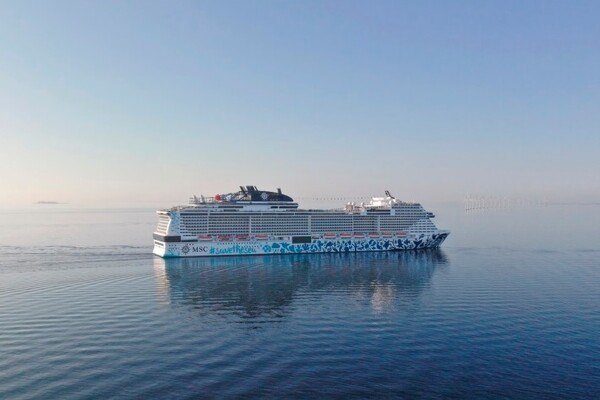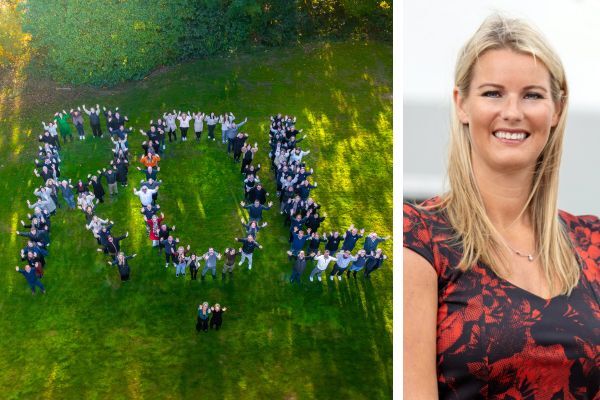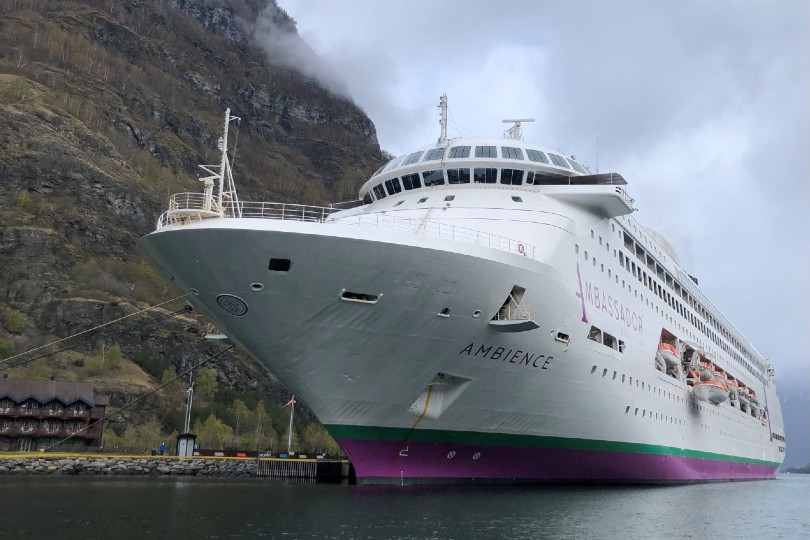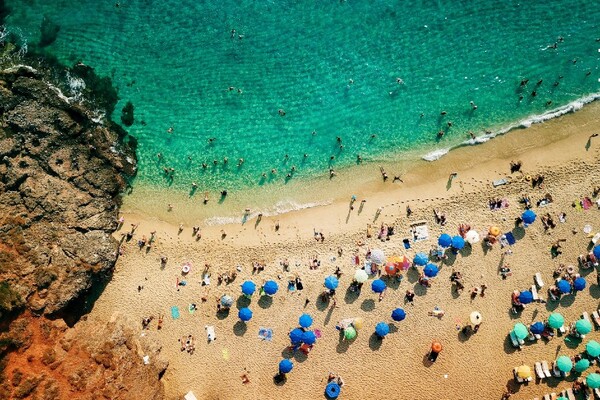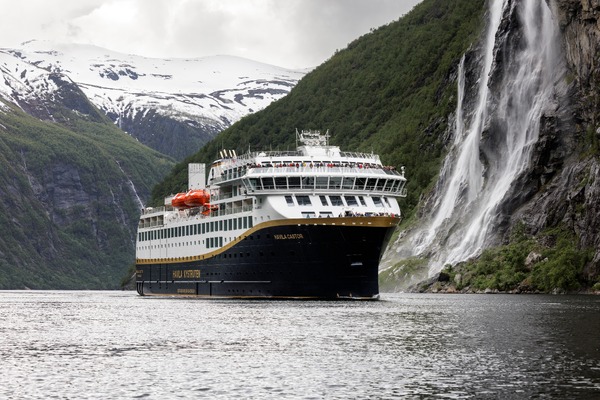'Cruise has to demonstrate to the communities it visits it's doing the right thing'
Linden Coppell is acutely aware of the difficulties she faces when it comes achieving industry-wide sustainability goals – and the positive message that sends to communities around the world.
“We’re a very visible industry, particularly in the many ports we operate in," says MSC Cruises’ vice-president of sustainability and ESG. "Therefore, we have to really demonstrate to the communities we visit we’re doing the right thing.
"We’ve made great progress – some in terms of technology, in particular in reducing our carbon intensity."
Despite juggling many sustainability priorities over the past year, top of MSC Cruises’ agenda has been energy transition, Coppell tells TTG.
Speaking after MSC Cruises released its fifth annual sustainability report in early summer, Coppell narrows in on the 6.5% year-on-year improvement in the line’s fleet carbon intensity achieved in 2023.
The result contributes to a 37.8% reduction since 2008, and MSC Cruises says it is confident in its forecasts putting it "well ahead" of the 2030 deadline to achieve the International Maritime Organisation’s target of a 40% carbon intensity reduction.
“That energy efficiency is a testament to new technology we’ve been able to use,” Coppell says.
However, Coppell warns new technology alone "will not get us to net zero". "We’ve really got to think about our absolute emissions,” she says, pointing to one of the line’s “other great achievements” involving MSC Euribia, which is the second vessel in MSC’s fleet to be powered by liquefied natural gas (LNG).
Last year, it completed a net zero emissions voyage from France to Denmark, which Coppell says “got a lot of focus in that we were able to do that and it was acceptable”.
“We wanted to raise awareness that these fuels were coming online and were available. The other aspect we mustn’t forget about is how many different partners we got involved, who made the journey as energy efficient as possible.
She continues: "We also developed training and awareness for the whole company. There were LNG online awareness courses to make sure all the crew had an idea of what this meant to them.”
Coppell, though, admits buying LNG at scale continues to be difficult due to cost, drawing on comparisons with similar challenges within aviation around sustainable aviation fuel (SAF) – challenges she is aware of through previous roles in the sector before joining MSC Cruises in 2019.
Ahead of the four-day sailing, MSC bought 400 tons of bio-liquefied natural gas (LNG) from Finnish firm Gasum.
"There’s been lots of flights now with SAF, but aviation is still facing the same challenges we are," she notes. "It’s getting [the fuels] to our ships, in their case, to the aircraft, in a commercially viable way.
"But regulations will help drive that demand. That will increase the quantities of supply, enabling investment in the infrastructure that we need to generate those alternative fuels."
Coppell says regulation is one way to ensure demand. "We are in favour of a regulatory environment that encourages suppliers to supply it because they know cruise lines will buy it.
“[LNG] is a much cleaner fuel that can give us a carbon reduction. But the most important thing is that we’ve then got the infrastructure in place to enable us to move towards bio and synthetic LNG as they become available.
"That’s really the journey we’re on.”
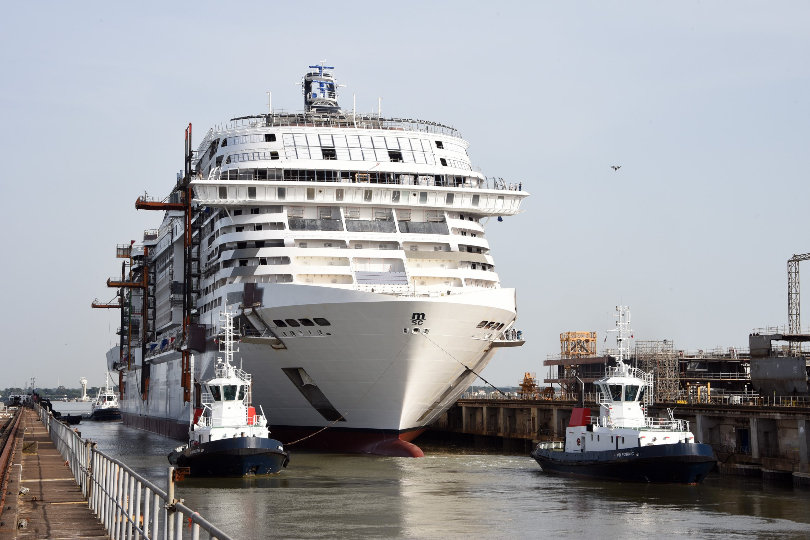
Coppell cites the importance of quantifiable measurement – and training – to track the line’s progress across all areas of sustainability. "Fortunately, we started this journey a few years ago and we had a pretty good head start.
"But we’re having to make sure not only that we’re getting the right data but also making sure that we can rely on the accuracy of that data because we’ll be subject to third-party audits.
Getting the gender balance right
MSC Cruises’ sustainability report notes a target of “24% of women [crew] onboard by 2025” and highlights the recent introduction of a head of diversity, inclusion and wellbeing to its senior management team in the form of Magali Bertolucci.
In 2023, the line’s female shoreside employee count stood at 54.7% while for onboard crew the split was 19.5% female.
“We have great diversity when it comes to [staff] nationalities,” says Coppell, noting the 144 nationalities represented on the workforce. “But we want to make sure we get that gender balance right as well.
"We’d love to see more women come into particularly the technical side because there will be huge demand and we need specific skills and bright people to help us on that journey.”
Sign up for weekday travel news and analysis straight to your inbox

Sarah Dennis
Supplier Directory
Find contacts for 260+ travel suppliers. Type name, company or destination.
